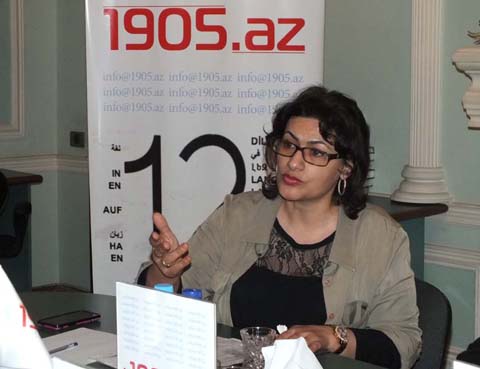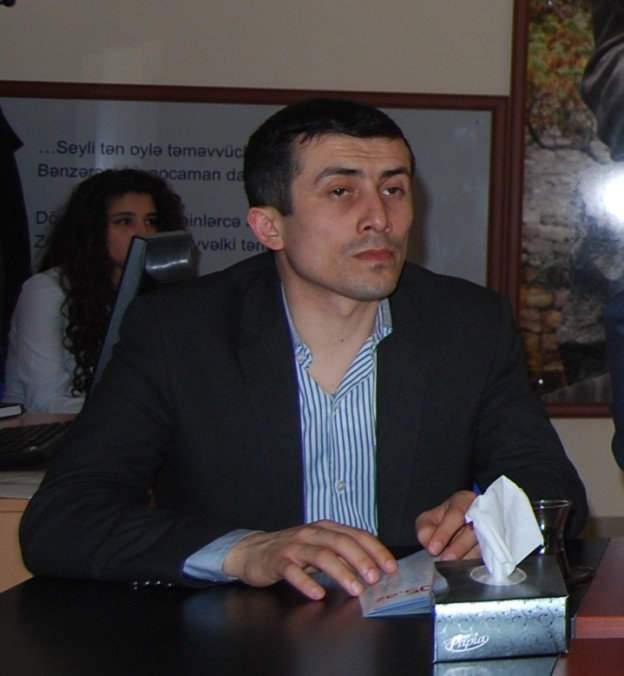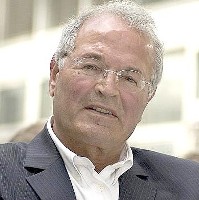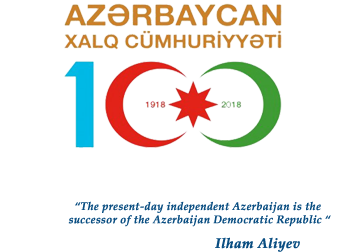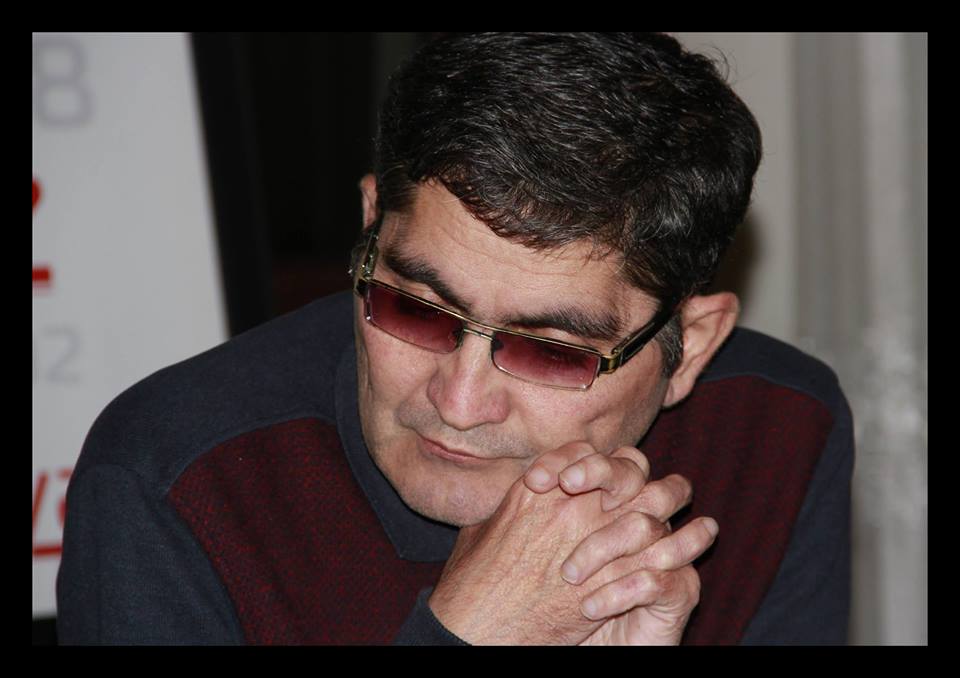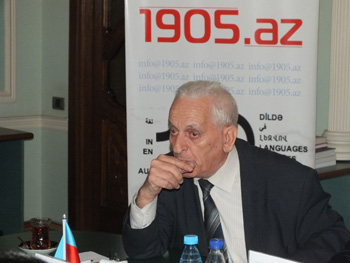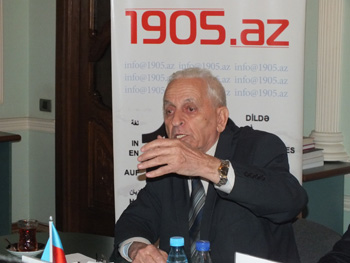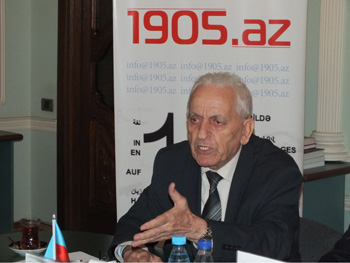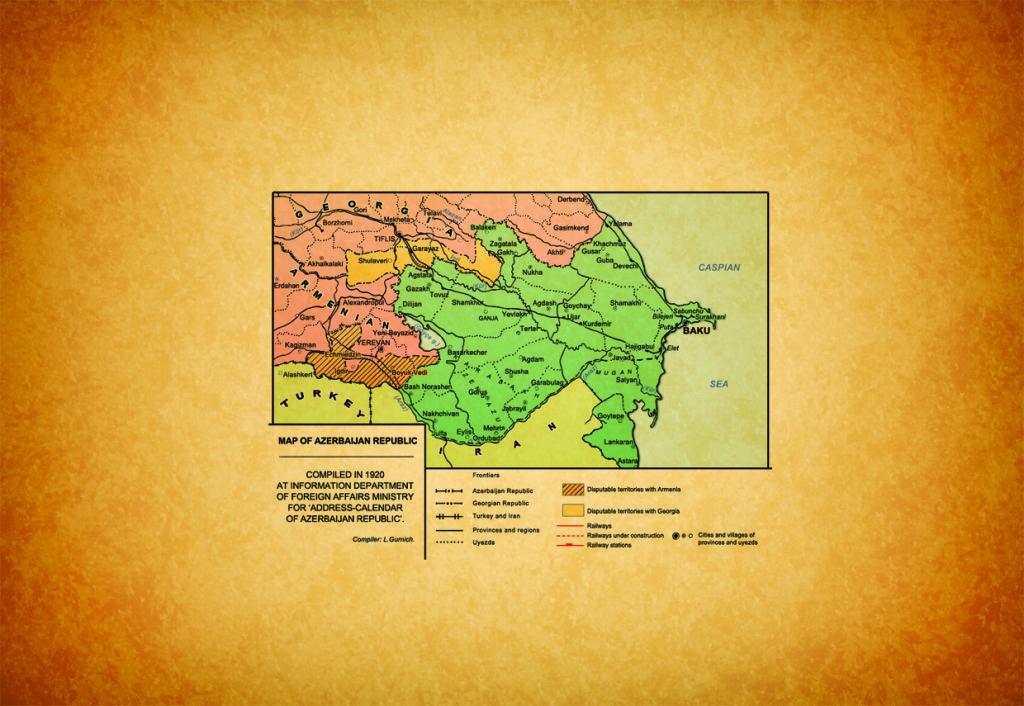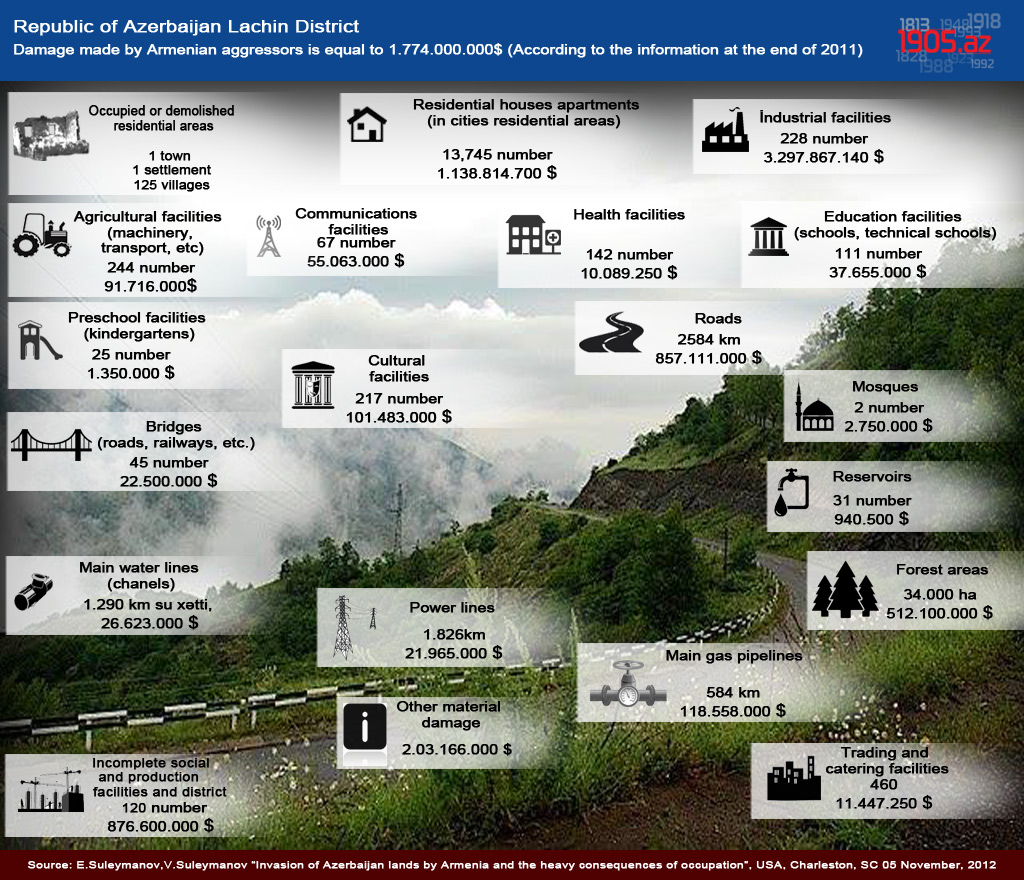Armenia’s foreign minister in his statement was engaged in distortion of real facts of Armenia-AzerbaijanNagorno-Karabakh conflict and the norms and principles of international law, as well as Helsinki Final Act and put forward absurd allegations against Azerbaijan, Hikmat Hajiyev, spokesman for Azerbaijan’s Ministry of Foreign Affairs, told APA.
He was commenting on the statement voiced by Armenian Foreign Minister Edward Nalbandian at the European Parliament’s Foreign Affairs Committee on Feb. 21.
“We are compelled to enlighten him about the basic principles of international law and the Helsinki Final Act,” he said.
Hajiyev noted that the respect to the territorial integrity, sovereignty and inviolability of internationally recognized borders of states is must and fundamental corner stone of contemporary international relations.
The contrary of this is the way towards chaos and the return to the late 30s and early 40s of the last century, he added.
“The unlawfulness within the Soviet legal system of attempted unilateral secession of Nagorno-Karabakh without Azerbaijan’s consent was confirmed at the highest constitutional level. Azerbaijan did not so consent, so that the definition of the territory of Azerbaijan as it proceeded to independence and in the light of the applicable law clearly included Nagorno-Karabakh,” the spokesman said.
He stressed that Armenia’s claims as to the claimed “independence” or “reunification” of Nagorno-Karabakh are contrary to the internationally accepted principle of uti possidetis and therefore unsustainable in international law.
“Armenia’s territorial claims against Azerbaijan are accompanied with the violence, terror and ethnic cleansing of indigenous Azerbaijani community of Nagorno-Karabakh and transformed into the large-scale war unleashed by Armenia against Azerbaijan after dissolution of USSR. As a result of which Armenia occupied 20 percent territories of Azerbaijan by use of force and conduced complete ethnic cleansing of Azerbaijani population in the seized lands and in the territory of Armenia,” Hajiyev said.
In order to disguise its direct responsibility for military aggression against Azerbaijan, Armenia distorts and misinterprets the principle of the people’s right to self-determination and, attempts to impose the view that this principle may be applied in the form of unilateral secession for the Armenians living in the Nagorno-Karabakh region of Azerbaijan, the spokesman underlined.
He said that Armenia has established illegal puppet regime in the occupied territories of Azerbaijan which is nothing other than occupation and aggression.
“In reality, such a view has nothing in common with the principle of self-determination set forth in the Charter of the United Nations, the Final Act of the Conference on Security and Cooperation in Europe (Helsinki Final Act) of 1975 and other international documents. Moreover, it is abundantly clear that claims of self-determination are unsustainable when they are accompanied by egregious violations of international law, including its peremptory norms (jus cogens), such as those prohibiting the threat or use of force against the sovereignty and territorial integrity of States,” he said.
“It should be further noted that, almost from their very inception, the Republics of Azerbaijan and Armenia committed themselves – like other parties to the Alma-Ata Declaration of 21 December 1991 – to: “Recognizing and respecting each other’s territorial integrity and the inviolability of existing borders”, Hajiyev added.
He pointed out that Nagorno-Karabakh’s being part of Azerbaijan was reaffirmed by the UN Security Council in its relevant resolutions on the conflict and from that time onward has been repeatedly stated at the international level.
“It is important to note that the resolutions of the UN Security Council, recognizing that Nagorno-Karabakh constitutes part of Azerbaijan and reaffirming the inviolability of international borders and the inadmissibility of the use of force for the acquisition of territory, were adopted after the Armenians of Nagorno-Karabakh had unilaterally declared their “independence”. The Security Council made it absolutely clear that the unilateral declaration of independence in a given situation is invalid,” the spokesman said.
To justify his countries illegal territorial claims against Azerbaijan and the use of military force, the Armenian foreign minister misinterprets the documents of international organizations, including EU institutions, Hajiyev emphasized.
“Of particular interest in this regard is the declaration on the disintegration process in the Soviet Union, adopted by the European Council on 10 December 1991, in which it underlined the importance of respecting the provisions of the Helsinki Final Act and recalled that “…according to these provisions, the frontiers of all States in Europe are inviolable and can only be changed by peaceful means and agreement.” Later, in its Guidelines on the Recognition of New States in Eastern Europe and in the Soviet Union, which provided a common policy on recognition with regard to the states emerging from former USSR in particular, the European Council reiterated the requirement to “respect for the inviolability of all frontiers which can only be changed by peaceful means and by common agreement”.
“In the Charter of the United Nations and the Helsinki Final Act, to which the Foreign Minister of Armenia refers, the principle of the non-use of force is explicitly linked to the inadmissibility of changing the boundaries of states through violent means and implies a prohibition on the acquisition of territory by force. For this very purpose, the Helsinki Final Act expanded Article 2(4) of the UN Charter and codified the territorial integrity, the inviolability of frontiers and the non-use of force as separate principles to emphasize the norm of territorial integrity. These principles were reaffirmed in the Helsinki Final Act in a way to emphasize that they are consequential principles generated by the foundational norm of territorial integrity and are hence inextricably linked under international law.”
“Moreover, with regard to self-determination the Article VIII of the Helsinki Final Act establishes: “acting at all times in conformity with the purposes and principles of the Charter of the United Nations and with the relevant norms of international law, including those relating to territorial integrity of States,” the spokesman added.
He said that in the statement the Armenian foreign minister touched upon the intensification of talks and reduction of tension.
It is very well known that the main reason of tension is the continuation of occupation and the presence of armed forces of Armenia in the sovereign lands of Azerbaijan. In order to reduce the tension and eliminate the facts of military risks Armenia must withdraw its forces from occupied lands of Azerbaijan, Hajiyev noted.
“Armenia must finally understand that the military occupation of the territory of Azerbaijan does not represent a solution and will never produce a political outcome desired by Armenia. The resolution of the conflict is possible only on the basis of the sovereignty and territorial integrity of Azerbaijan within its internationally recognized borders. Instead of misleading its own people and the international community Armenia must cease its policy of occupation and ethnic cleansing and comply with its international obligations and withdraw its forces from the territories of Azerbaijan. Sooner Armenia understands this reality, sooner sustainable peace and security will be established in the region,” Hajiyev concluded.
http://en.apa.az/nagorno_karabakh/azerbaijani-mfa-responds-to-armenian-foreign-minister-s-statement.html



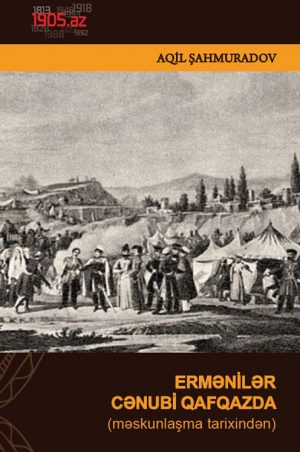






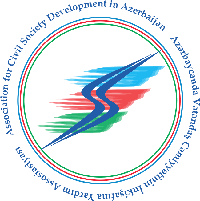
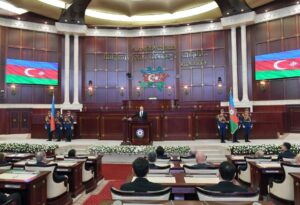 Inauguration ceremony of President of Azerbaijan Ilham Aliyev was held
Inauguration ceremony of President of Azerbaijan Ilham Aliyev was held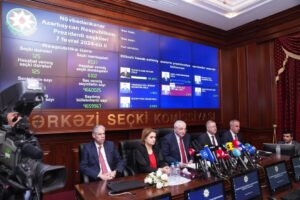 Ilham Aliyev wins presidential election with 92.05 percent of votes VIDEO
Ilham Aliyev wins presidential election with 92.05 percent of votes VIDEO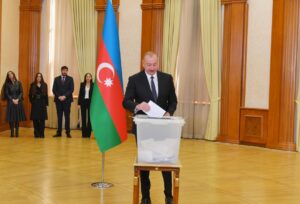 President Ilham Aliyev, First Lady Mehriban Aliyeva and family members voted in Khankendi VIDEO
President Ilham Aliyev, First Lady Mehriban Aliyeva and family members voted in Khankendi VIDEO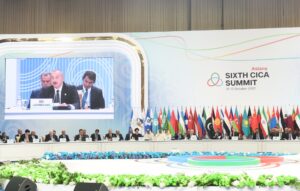 Plenary session of 6th Summit of Conference on Interaction and Confidence Building Measures in Asia gets underway in Astana. President Ilham Aliyev attends the plenary session VIDEO
Plenary session of 6th Summit of Conference on Interaction and Confidence Building Measures in Asia gets underway in Astana. President Ilham Aliyev attends the plenary session VIDEO President Ilham Aliyev was interviewed by Azerbaijani TV channels in Prague VIDEO
President Ilham Aliyev was interviewed by Azerbaijani TV channels in Prague VIDEO



